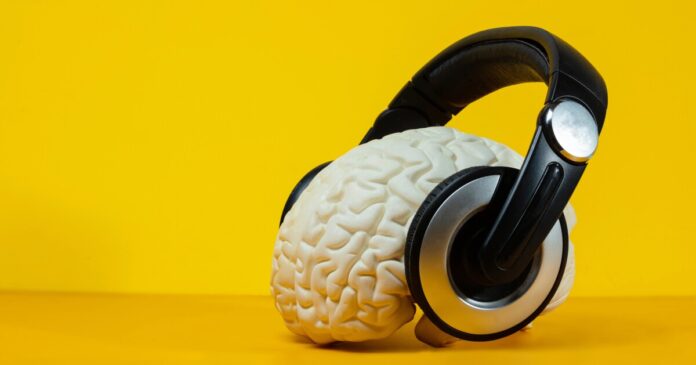Listening to or playing music later in life could do more than lift your spirits – it might also help keep your mind sharp. A study of more than 10,000 older adults has found that people who regularly engage with music have significantly lower rates of cognitive decline, with daily music listeners showing up to a 39% reduced risk of developing dementia.
Monash University researchers set out to investigate whether “music-related leisure activities” could potentially lower the risk of dementia and cognitive impairment no dementia (CIND), as well as better brain function in healthy older adults. They looked at 10,893 adults aged 70 years or older without a dementia diagnosis when they took part in the ASPirin in Reducing Events in the Elderly (ASPREE) study and the ASPREE Longitudinal Study of Older Persons (ALSOP) sub‐study.
What the team found was that always or frequently listening to music was associated with the greatest benefits, with a 39% lower incidence of dementia and 17% lower incidence of cognitive impairment. It was also positively linked to overall cognition and day-to-day (episodic) memory. Playing a musical instrument was associated with a 35% lower rate of dementia, while both listening and playing was linked to a 33% decreased risk, compared with people who never, rarely or sometimes listened to or played music.
Of course, this is an observational study and can only link associations, not prove causation, but engaging with music has been shown to stimulate multiple brain regions that support memory, emotion and attention – all processes that are important to preserve as we age. Music therapy has been used since at least the 1700s to stimulate various regions of the brain, however it’s not something often associated with older adults.
“These results highlight music as a potential promising, accessible strategy to help reduce cognitive impairment and delay the onset of dementia in later life,” noted the researchers. “Evidence suggests that brain aging is not just based on age and genetics but can be influenced by one’s own environmental and lifestyle choices. Our study suggests that lifestyle-based interventions, such as listening [to] and/or playing music can promote cognitive health.”
An earlier study out of Northeastern University found that specific music – songs that evoke feelings of nostalgia in an individual – could activate areas of the brain important for cognitive functioning.
“We saw changes in auditory connectivity to the reward system, specifically the connectivity between the auditory network and the medial prefrontal cortex (which is part of the reward system) was increased after intervention,” Psyche Loui from Northeastern told New Atlas in 2022. “We also saw that the right executive control network, which includes regions that are important for attention and executive function, became more accurate at representing music after the intervention.”
In the latest study, the type of music was not specified, but evidence suggests that songs sparking interest or memories are likely the best auditory food for the brain. According to the 2025 Alzheimer’s Disease Facts and Figures report, one in nine US adults over the age of 65 has Alzheimer’s dementia, with that rate increasing as age advances.
The study was published in the journal International Journal of Geriatric Psychiatry.
Source: Monash University via MedicalXpress


